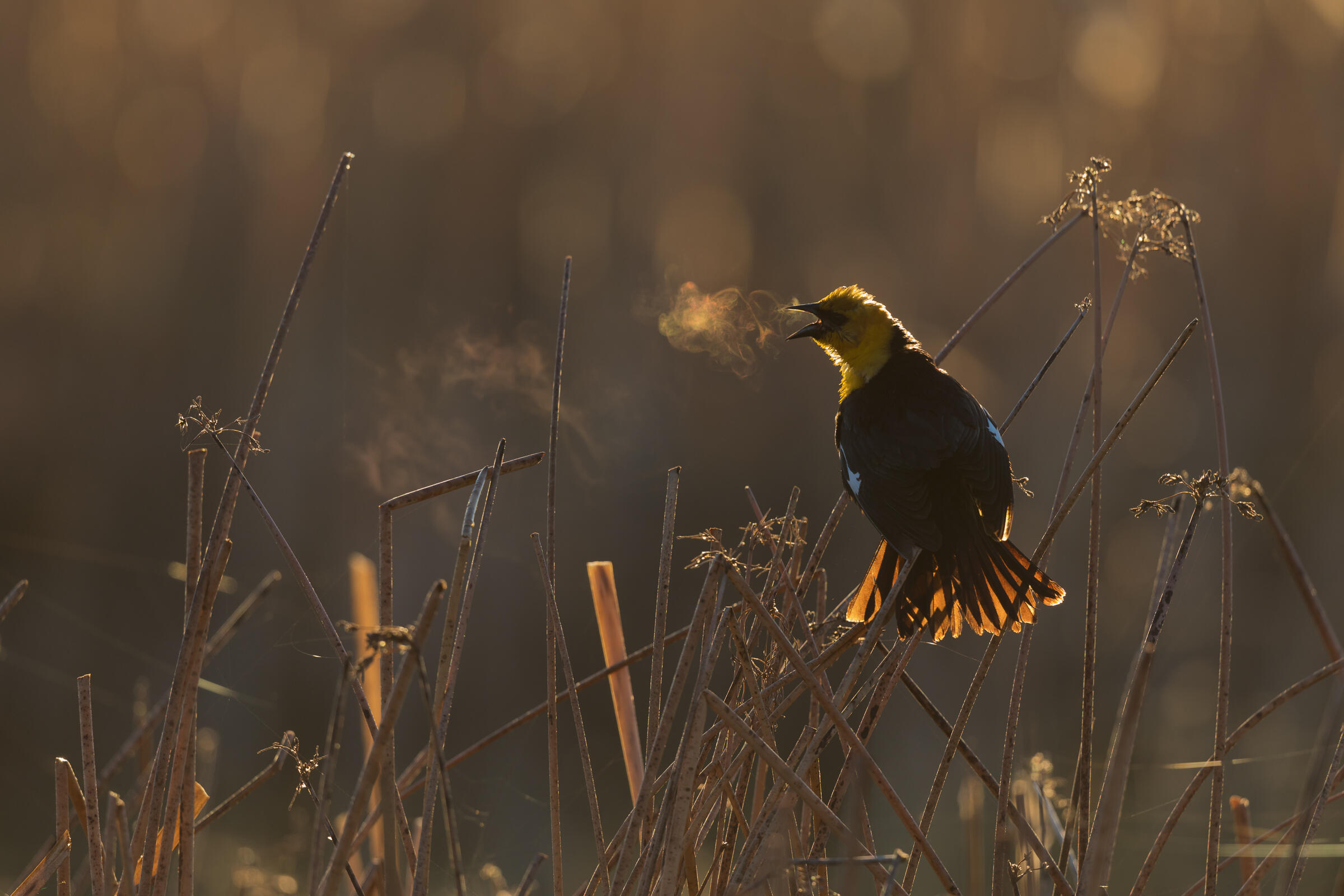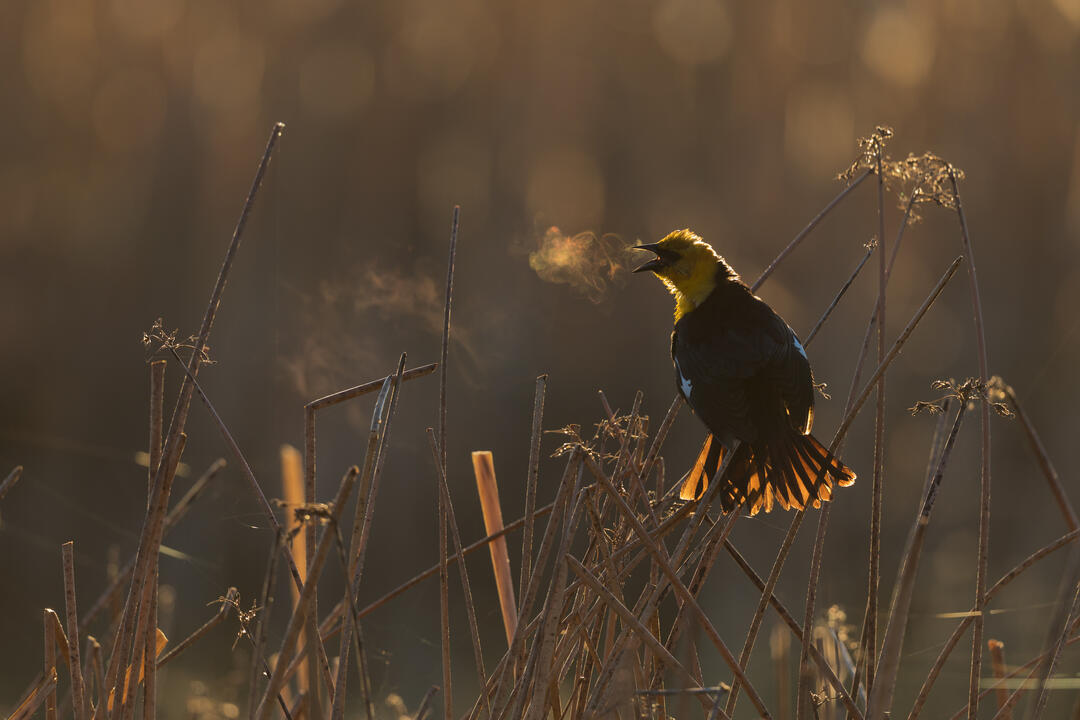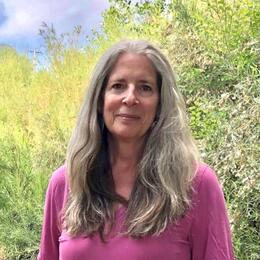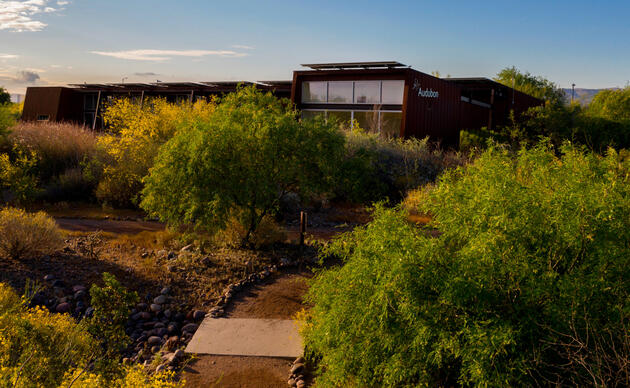Don’t you tell me this is not the same as my story. All this / life born from one hungry animal, this whole / new landscape, the course of the river changed. / I know this.
~Camille T. Dungy, Trophic Cascade
You have probably heard of Mary Oliver. Certainly Walt Whitman. But does your knowledge of nature poets include Camille T. Dungy? Ms. Dungy, a Guggenheim Fellow for Creative Arts, is a Black writer currently living in Colorado. She is the author of a book of essays and three books of poetry, most recently Trophic Cascade. In her poems, Dungy excels at combining the natural world with the experience of being a Black American. Take for example, her poem “Frequently Asked Questions: 10” featuring the Common Grackle.
She is also the editor of the anthology Black Nature: Four Centuries of African American Nature Poetry. The anthology contains poems by contemporary poets as well as those from Phillis Wheatley, the first African American author of a published book of poetry who was brought to America as a slave, and George Moses Horton, a poet in North Carolina who sought to earn enough from his first book of published poems to buy his freedom.
A white majority has defined environmental organizations and environmental laws. So too has the canon on nature poetry been cultivated and published from an Anglo-American perspective. Black Nature thwarts that by showcasing poems that speak to diverse experiences and interpretations of Black poets in the natural world. Dungy says in an NPR interview, “The way that the tradition of nature poetry has taken off in America in particular is often about a pastoral landscape, a very idealized rural landscape, or a wilderness landscape in which people are involved … And black people have been typically working in the land, and that's not part of the idyllic version of things. And then also the majority of African-Americans have tended to live in urban landscapes, and so there's a very different view, quite often, of the natural world."
To borrow a line from the poet Lucille Clifton, “won’t you celebrate with me” during this month honoring Black history? Take a moment to relax and be inspired by the beauty of Black literary arts. Here are a few links to poems, interviews, and videos by Black American poets.






